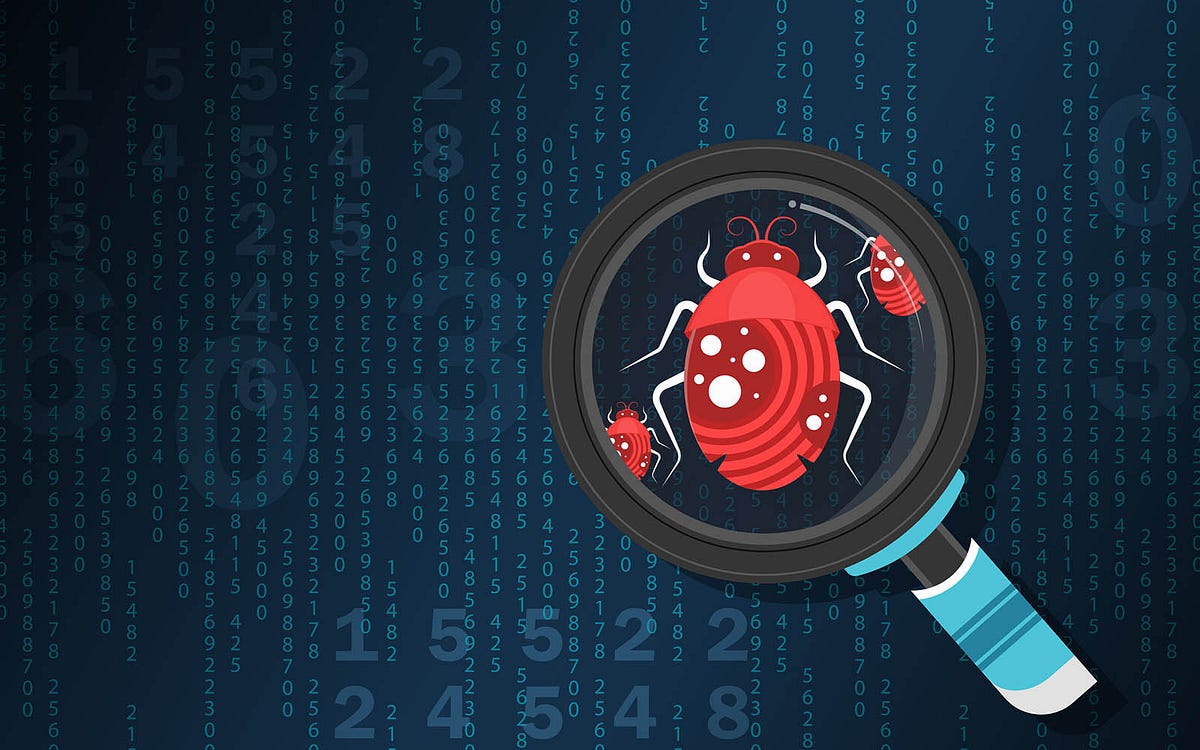In today’s hyper-connected world, no industry is safe from the rising tide of cyber threats. Malware—short for malicious software—remains one of the most destructive and costly attack vectors businesses and governments face. While firewalls, antivirus, and intrusion detection systems provide layers of protection, the ability to understand, dissect, and respond to malware is what truly strengthens long-term defense. This is where Malware Analysis for Cybersecurity plays a pivotal role.
Malware analysis is not just a technical process—it is a strategic necessity. By reverse-engineering malicious code, security teams gain insights into attacker behavior, infection chains, and the techniques used to evade detection. These insights empower organizations to implement stronger defenses, patch vulnerabilities, and mitigate risks before they escalate into major incidents.
In sectors such as finance, healthcare, and government security, the stakes are incredibly high. Each industry handles sensitive information and provides essential services, making them attractive targets for cybercriminals and nation-state actors. Below, we explore how malware analysis is applied across these critical domains, and why Malware Analysis Services by Plutosec are becoming essential for organizations worldwide.
Malware Analysis in Finance
Financial institutions—from banks and insurance providers to investment firms—remain top targets for cybercriminals. Attackers seek to exploit vulnerabilities to access payment systems, customer accounts, and sensitive financial records.
Key Threats in Finance:
- Banking Trojans designed to steal login credentials.
- Ransomware attacks that lock access to critical payment systems.
- Phishing-delivered malware crafted to bypass traditional defenses.
- Advanced Persistent Threats (APTs) from organized cybercrime groups.
Here, malware analysis proves invaluable. By investigating malicious payloads, analysts can uncover:
- How the malware infiltrated the system (e.g., phishing email or drive-by download).
- The persistence mechanisms used to avoid detection.
- Indicators of compromise (IOCs) that can be shared across the financial sector.
For banks and fintech companies, proactive Malware Analysis Services provide early warning signs of evolving malware strains. This intelligence enables better fraud prevention, faster remediation, and ensures compliance with regulatory frameworks like PCI DSS.
Malware Analysis in Healthcare
The healthcare sector has become a prime target due to its wealth of personal health information (PHI) and reliance on interconnected medical devices. A single malware outbreak can disrupt hospital operations, compromise patient safety, and expose confidential data.
Common Threats in Healthcare:
- Ransomware locking electronic health records (EHR).
- Spyware and keyloggers targeting research data and clinical trials.
- Malware in IoT devices like infusion pumps or imaging systems.
When hospitals or research labs fall victim, Malware Analysis for Cybersecurity is crucial for containment. Analysts reverse-engineer the malware sample to identify:
- Whether the malware exfiltrates PHI.
- How it spreads across medical networks.
- The vulnerabilities it exploits in outdated systems.
Beyond immediate defense, malware analysis helps healthcare institutions design long-term resilience strategies. By understanding attack patterns, they can update their defenses, segment networks, and reduce the chance of repeated compromise.
Plutosec’s specialized Malware Analysis Services by plutosec assist healthcare organizations in meeting compliance requirements like HIPAA, while also safeguarding patients and critical medical operations.
Malware Analysis in Government Security
Governments face some of the most sophisticated cyber threats, often launched by well-funded adversaries. From intelligence agencies to municipal IT systems, malware attacks against government targets are designed to cause espionage, disruption, or even sabotage.
Threats Facing Governments:
- Nation-state malware campaigns aimed at stealing classified data.
- Ransomware targeting local government services and utilities.
- Supply chain attacks inserting malware into government software updates.
- Disinformation campaigns using malware to gain unauthorized access.
For public institutions, malware analysis is more than defense—it is national security. By performing deep analysis, government cybersecurity teams uncover:
- The origin of the attack and potential attribution.
- Whether the malware is linked to known APT groups.
- Zero-day exploits leveraged against critical infrastructure.
Such intelligence allows governments to coordinate responses, strengthen digital sovereignty, and protect citizens’ data. Partnering with experts such as Plutosec’s Malware Analysis Services ensures governments can react faster, improve incident response, and harden their digital ecosystems against future threats.
Why Malware Analysis Matters Across All Industries
While finance, healthcare, and government represent some of the most critical sectors, the value of malware analysis is universal. Every industry that relies on digital infrastructure is a potential target. From retail and manufacturing to education and logistics, malware analysis delivers:
- Faster Incident Response: Immediate understanding of malware reduces downtime.
- Threat Intelligence Sharing: IOCs and TTPs (tactics, techniques, procedures) can be shared across industries.
- Better Security Posture: Organizations learn from each attack, building stronger defenses.
- Compliance Assurance: Malware analysis ensures alignment with regulations and data protection laws.
Why Choose Malware Analysis Services by Plutosec
With threats evolving at unprecedented speed, organizations need expert partners to conduct thorough analysis. Plutosec’s Malware Analysis Services stand out by combining cutting-edge tools with deep expertise.
Key features include:
- Static and dynamic malware analysis to uncover behavior and structure.
- Customized reports detailing attack vectors, IOCs, and mitigation steps.
- Threat intelligence integration to keep defenses updated against the latest malware families.
- Industry-specific expertise, ensuring solutions fit finance, healthcare, and government needs.
By working with Plutosec, organizations gain access to actionable intelligence that goes beyond surface-level detection. This empowers them to stop threats at the root and prevent repeat incidents.
Conclusion
Cyber threats are no longer isolated events—they are continuous, evolving challenges that threaten the foundation of digital trust. Whether in finance, healthcare, or government security, organizations must go beyond traditional defenses to truly understand the adversary. Malware Analysis for Cybersecurity is the key to unlocking that understanding.
Through expert Malware Analysis Services, businesses and institutions gain the insights necessary to prevent breaches, protect sensitive data, and maintain operational continuity. And with Malware Analysis Services by Plutosec, organizations gain a trusted partner that delivers not just technical analysis, but actionable intelligence tailored to their sector.
As attackers grow more sophisticated, the ability to dissect and learn from their tools will remain the backbone of proactive cybersecurity. Investing in malware analysis today means safeguarding the digital future tomorrow.

